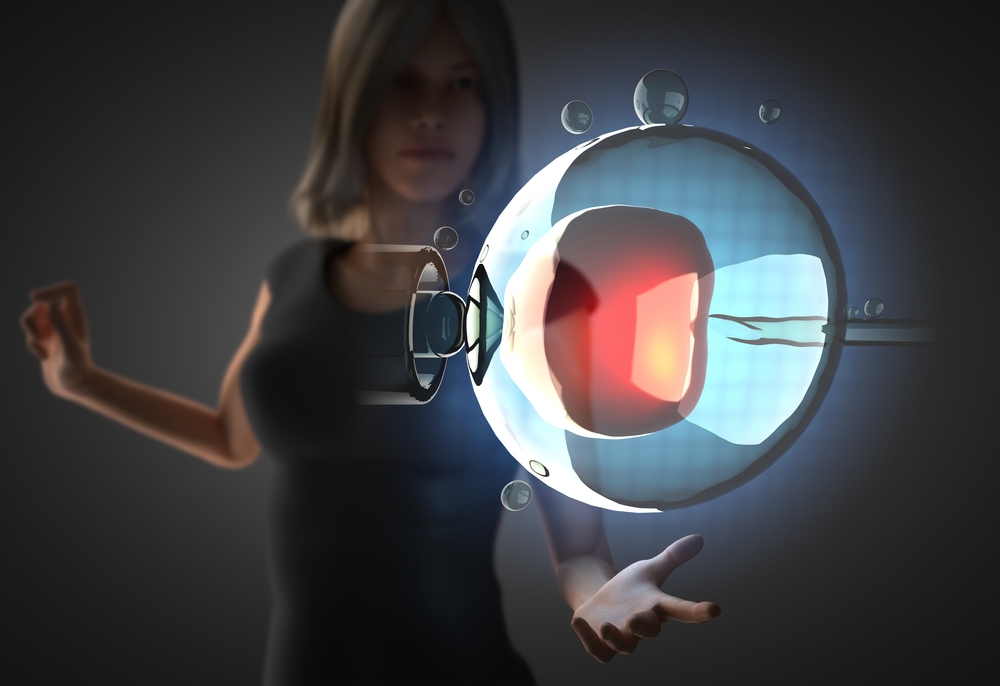Have you ever wondered what stem cells are? Possibly you have heard about stem cells in the news that these might help you or a loved one with a severe disease.
What are stem cells?
Stem cells are the body’s raw materials that have the potential to develop into other cell types called daughter cells. These daughter cells under the right conditions become new stem cells (self-renewal) or become specialized cells (differentiation) with specific functions, including a muscle cell, a red blood cell, or a brain cell. In many tissues, stem cells serve as internal repair system, by dividing limitlessly to reload other cells as long as the person or animal lives. Stem cells are important for the body as these are regenerative and malleable. These can replenish themselves by repairing and replacing other tissues in the human body like skin and muscle tissues.
Must Read: Can’t Take Responsibility? Make a Wise Decision and Choose an Effective Birth Control Method!
What are the stem cell sources?
Stem cells have the capability to differentiate into specialized cell types. These cell types come from two primary sources:
- Embryonic stem cells- Embryonic stem cells come from human embryos that are three to five days old. This stage of an embryo is called a blastocyst that has about 150 cells. These cells can divide into more stem cells or can become any type of cell in the body that allows embryonic stem cells to be used to regenerate or repair the damaged tissue and organs. The embryos used in embryonic stem cell research come from eggs, fertilized at in-vitro fertilization clinics.
- Adult tissue (adult stem cells) – Adult stem cells can be found in specific tissues in the body, including neural, skin, and blood (hematopoietic). Hematopoietic stem cells generate blood cells and found in cord blood from umbilical cords or bone marrow.
Embryonic and adult stem cell sources are identified by their potency or potential to differentiate into different cell types.
Controversy related to stem cell research:
There are debates surrounding the stem cell research controversy. Debates have been going on by methods concerning embryonic stem cell research. Embryonic stem cells are obtained from early-stage embryos at an in-vitro fertilization clinic. Controversy got fire because human embryonic stem cells are extracted from human embryos. That is why varied issues have been raised about the ethics of embryonic stem cell research.
The National Institutes of Health has issued guidelines for human stem cell research in the year 2009. Guidelines include the following:
- Define embryonic stem cells
- How embryonic stem cells may be used in research?
- Donation guidelines for embryonic stem cells
- Embryonic stem cells can only be used that created by in vitro fertilization when the embryo is no longer needed.
Must Read: Healthy lifestyle for a healthy baby
Stem cells therapy:
Stem cells are important as these are used to treat or prevent severe health conditions, and the process is said to be as stem cell therapy. The therapy is regenerative medicine that promotes reparative response of dysfunctional or injured tissue using stem cells or their derivatives. The most important stem cell therapy includes bone marrow transplant that has been used clinically for many years without any controversy.
Researchers produce stem cells in the laboratory and manipulate them to specialize in particular types of cells including heart muscle cells, blood cells or nerve cells. Now the specialized cells are ready to implant into a person, like if a person has heart disease, then the stem cells could be injected into the heart muscle of the recipient. After the insertion of stem cells into the heart muscle, the transplanted heart cells contribute to repair defective heart muscle.
Also Read: To Lead a Smoke Free Life- Quit Smoking
Conclusion:
Researchers are trying to find out, what makes stem cells different from specialized cell types that how a single cell replaces damaged cells in adult organisms. Stem cell research has been one of the fascinating areas of biology and the research on these cells raises questions as it generates new discoveries.




